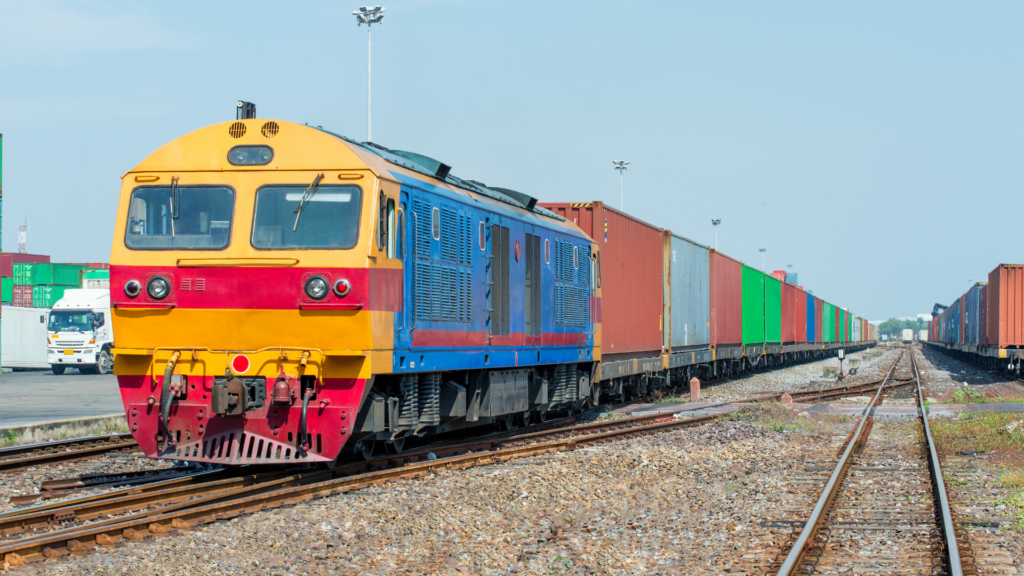Rail Strikes and Forced Labor Prevention.
Your weekly All-Ways round-up of supply chain news.

Threats to Strike
In an attempt to resolve a dispute between two rail unions, the SMART Transportation Division and the Brotherhood of Locomotive Engineers and Trainmen, the Biden administration had negotiated a deal.
The caveat? The rest of the unions still had to vote on the deal.
A 24% raise over the next 5 years coupled with other benefits wasn’t satisfactory for all parties involved. Four rail unions with a combined 60,000 workers have rejected the Biden-arranged deal while two threaten to strike.
While the 5-year contract was accepted by eight other unions, they may still continue participating in the dispute.
“SMART-TD members with their votes have spoken, it’s now back to the bargaining table for our operating craft members,” said SMART-TD president Jeremy Ferguson in a statement. “This can all be settled through negotiations and without a strike. A settlement would be in the best interests of the workers, the railroads, shippers, and the American people.”
By December 8, rail unions can strike but railroads can also lock their workers out.
So where does that leave us?
Well… 30% of all freight gets forwarded by train so any disruption would cost around 2 billion dollars per day in lost economic output.

Forced to an End
The US is very determined to crack down on the imports of goods produced using forced labor. Goods originating from the Xinjiang region of China and other regions are under scrutiny.
Robert Silvers, an undersecretary in the Department of Homeland Security, stated that attempts to circumvent the new Uyghur Forced Labor Prevention Act which came into effect in June wouldn’t work - this includes diverting the goods to an intermediate destination to hide the true origin of the goods.
“My message is that that’s not going to work,” he said. “We’re looking more broadly than [Xinjiang], and we have the bandwidth and resources to do so,” adding, “That includes Greater China…It also includes other countries.”
China denies all claims of forced labor and believes that they are vicious lies.
Practically Speaking
As of September 20, US Customs and Border Protection had stopped over 1400 shipments valued at hundreds of millions of dollars.
On the other hand, the US government is working closely with businesses to help them establish legitimate trade.
The Customs Trade Partnership Against Terrorism (similar to TSA PreCheck) will be expanded to include checks for forced labor compliance. Importing companies that participate in this initiative to go through rigorous scrutiny in advance will receive priority treatment. “We will be prioritizing for inspection any shipments…that are brought in by CTPAT members in good standing,” Silver said.
The US is also working on compiling a robust list of best practices and frequently asked questions to help businesses navigate these new laws.

